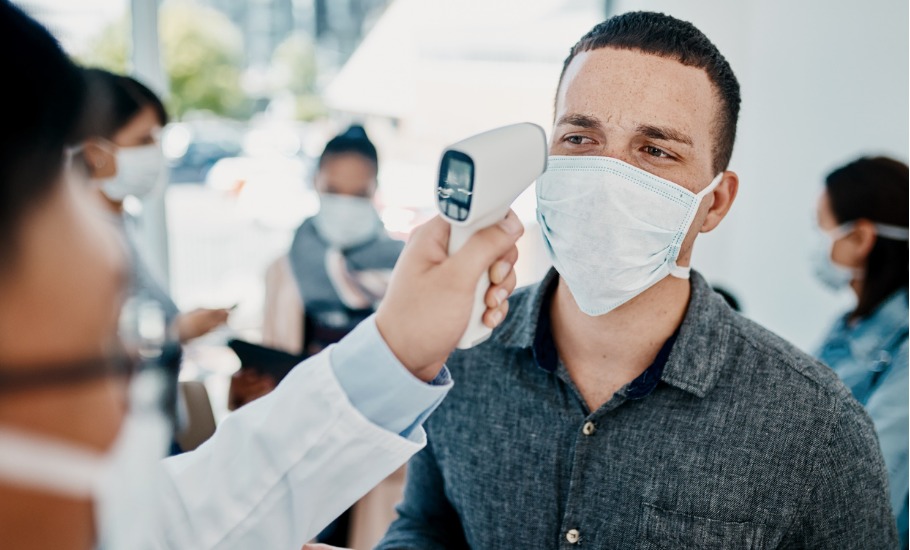
Centre picks Bengaluru startup to develop COVID risk assessment app

The Centre for Augmenting WAR with COVID-19 Health Crisis (CAWACH), an initiative by the Department of Science and Technology (DST), has selected Bengaluru-based startup Acculi Labs to develop a COVID-19 risk assessment profile called ‘Lyfas COVID score’.
Acculi Labs is armed with ‘Lyfas’ — a clinical-grade, non-invasive, digital functional biomarker smartphone tool for screening, early detection, root cause analysis, acute event risk assessment, prognosis, and home monitoring of chronic diseases.
The new technology will detect the possible infection in an asymptomatic individual to prioritise the conventional testing queue and carry out a risk assessment in the individual to find if they would become symptomatic or recover from the disease, according to a statement issued by Union Ministry of Science & Technology on Tuesday (July 28).
IIT-Madras backing
In March 2020, the DST began supporting startup to develop technologies that would find a solution to COVID-19. Acculi Labs was selected after several rounds of screening and Lyfas has received a grant of ₹30 lakh from the DST. Currently, it is virtually supported by IIT-Madras, Healthcare Technology Innovation Centre (HTIC), MedTech Incubator.
Lyfas is an Android application. One must keep the index finger on the rear phone camera of a mobile phone for 5 minutes to capture the capillary pulse and blood volume change. The application will then use the power of smartphone processor and sensors to capture a bunch of body signals.
The signals are subsequently processed on the principle of Photoplethysmography (PPG), Photo Chromatography (PCG), Arterial Photoplethysmography(APPG), mobile spirometry, and Pulse Rate Variability(PRV).
Multi-organ screening
Lyfas then provides cardio-respiratory, cardio-vascular, haematology, hemorheology, neurology based parameters that are capable of tracking minute pathophysiological changes in the body. These changes are further profiled into organ system-wide response, the statement said.
The technology is focused on population screening, monitoring of quarantined individuals, and surveillance at the community-spread phase. The app could detect asymptomatic individuals with an accuracy of 92 per cent, a specificity of 90 per cent, and a sensitivity of 92 per cent, according to a study conducted by Medanta Medicity hospital.
Witnessing the success of the study, Medanta ethics committee approved it for a study with a larger population. This study is currently registered in Clinical Trials Registry – India (CTRI) and is acknowledged by the World Health Organisation (WHO).
Related News: Centre readies 5 sites for Phase 3 testing of COVID vaccines
While AarogyaSetu works on contact tracing where one has to enter your symptoms, Lyfas is a proper medical screening test which purely depends upon test results.
“Inexpensive, accessible, point-of-care smartphone-based diagnostics is a powerful tool that would tremendously help in screening the high-risk cases, sustained monitoring of quarantined cases and general surveillance. Lyfas is an interesting example of the rising power of technology startups in innovating relevant and creative solutions for the emergent challenges with speed and efficacy,” said Prof Ashutosh Sharma, Secretary, DST.
The clinical trials and regulatory proceedings are expected to be completed by the end of September, after which the testing facility will be made available for the public.


